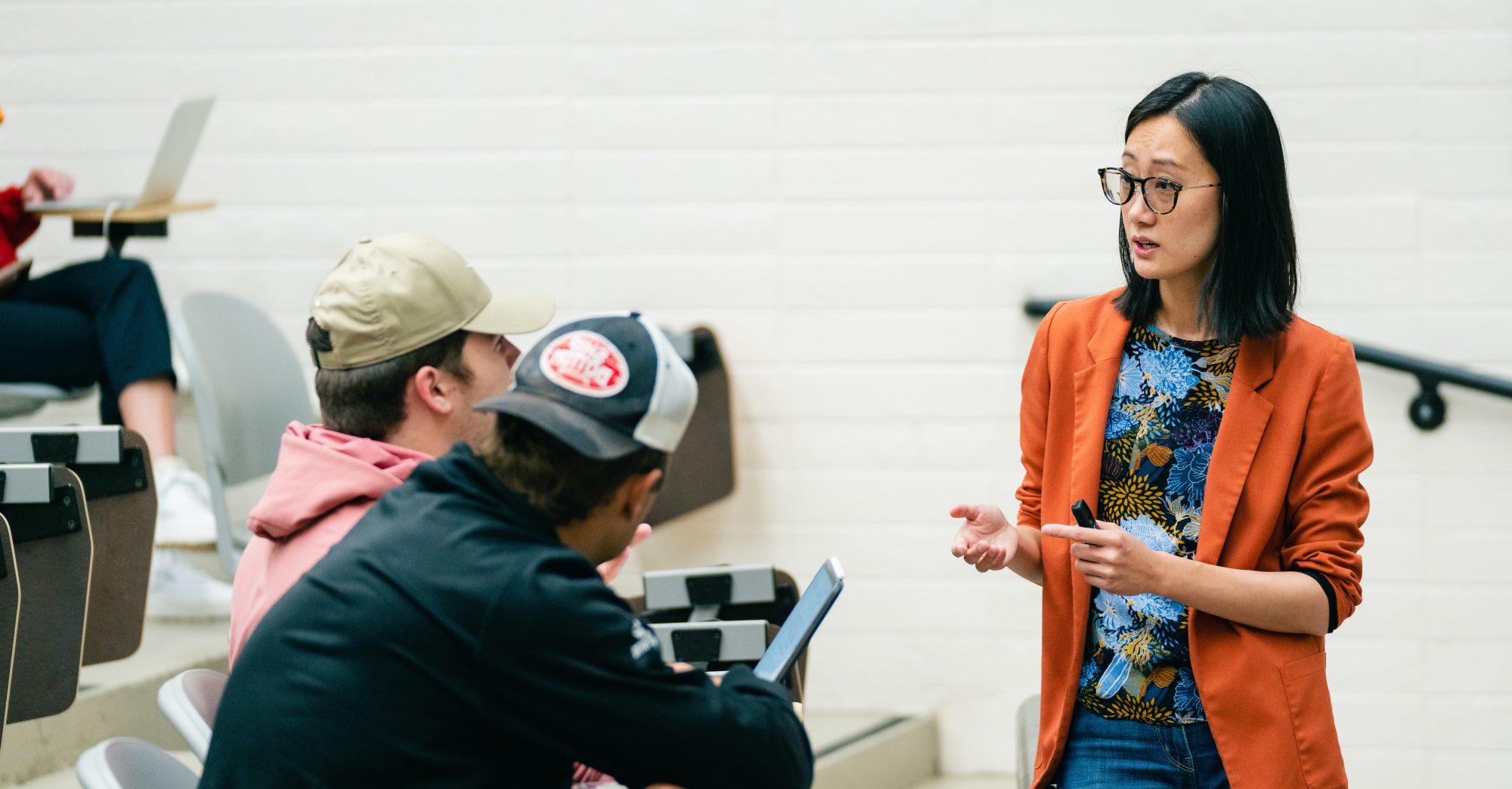
Areas of Specialization
Areas of Specialization
What We Study
These areas of specialization – Film & Media Studies, Relational & Organizational Communication, and Rhetoric & Civic Engagement – are the foci of our research, teaching, and practice in the Department of Communication Studies. Our ability to succeed and thrive as an informed, inclusive, and compassionate society depends on advancing these foci together as students, teachers, scholars, and citizens.
We do not silo faculty or graduate students into one area of specialization. While faculty members are nationally and internationally recognized experts in their areas of specialization, many collaborate with colleagues in other specialties, both within our department and across the discipline. Graduate students can form committees comprised of faculty from any specialization, allowing them to develop research progFaculty are grouped by area according to their primary scholarship. For many, their scholarship spans these foci.
Film & Media Studies
Faculty in this area of specialization focus on several subareas. Faculty whose scholarship and teaching align with these areas are listed. View their profile for links to their CVs.
- Critical Media Studies
- Cultural Studies
- Digital Media
- Film & Media History & Historiography
- Film Theory & Criticism
- Global Media
- Media Industries & Labor
- Media Technologies
- Political Media
- Television
Relational & Organizational Communication
Faculty in this area of specialization focus on several subareas. Faculty whose scholarship and teaching align with these areas are listed. View their profile for links to their CVs.
- Relational & Organizational Communication
- Communication Ethics
- Communication Pedagogy
- Critical & Cultural Studies
- Culture & Communication
- Dialogue & Deliberation
- Health Communication
- Interpersonal Communication
- Organizational Communication
Rhetoric & Civic Engagement
Faculty in this area of specialization focus on several subareas. Faculty whose scholarship and teaching align with these areas are listed. Click their name to view their bio and CV.
- Rhetoric & Civic Engagement
- Critical & Cultural Studies
- Dialogue & Deliberation
- Gender & Feminism
- Place & Space
- Political Communication
- Public Address
- Public Memory
- Race & Rhetoric
- Rhetoric of Social Movements
- Rhetorical Criticism & Theory
Film & Media Studies
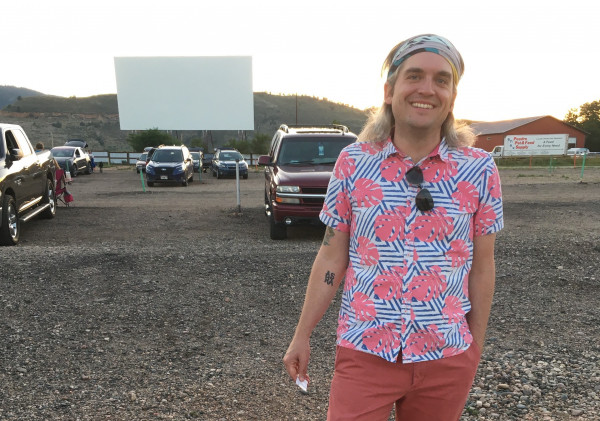
Evan Elkins
- Associate Professor

Kit Hughes
- Associate Professor

Julia Khrebtan-Hörhager
- Professor
- Faculty Program Director, ACT Human Rights Film Festival
- Director &
- Leader, Education Abroad Programs in Europe
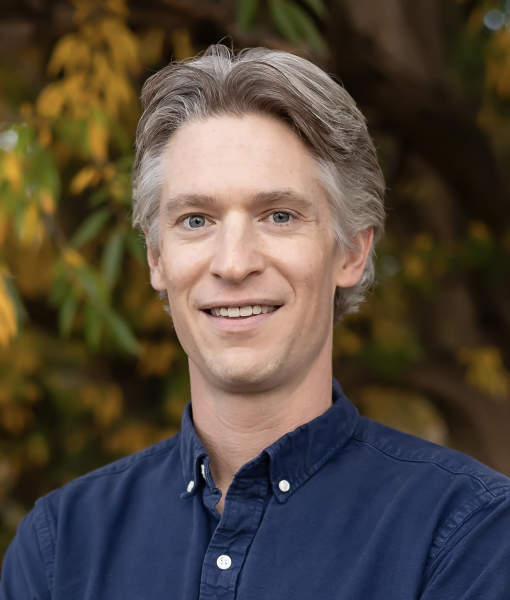
Nick Marx
- Professor
- Director of Undergraduate Studies
Relational & Organizational Communication
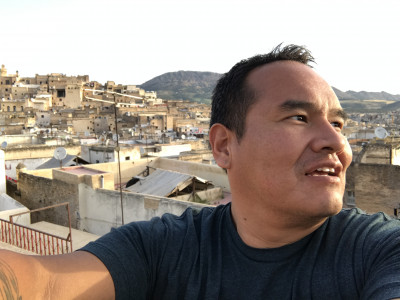
Eric Aoki
- Professor

Meara Faw
- Associate Professor
- Director of Graduate Studies

Julia Khrebtan-Hörhager
- Professor
- Faculty Program Director, ACT Human Rights Film Festival
- Director &
- Leader, Education Abroad Programs in Europe
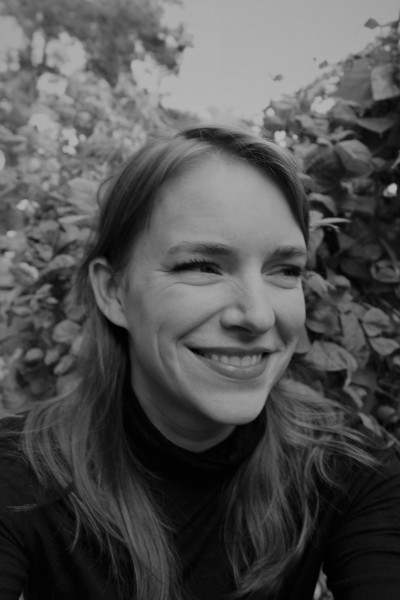
Katherine Knobloch
- Associate Professor
- Associate Director, Center for Public Deliberation
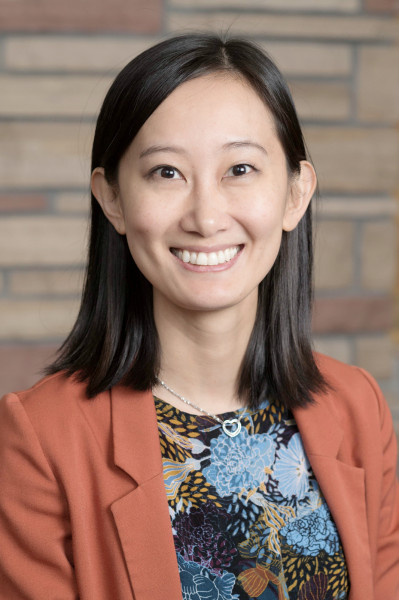
Ziyu Long
- Associate Professor

Elizabeth Williams
- Department Chair and Professor
Rhetoric & Civic Engagement

Karrin Vasby Anderson
- Professor
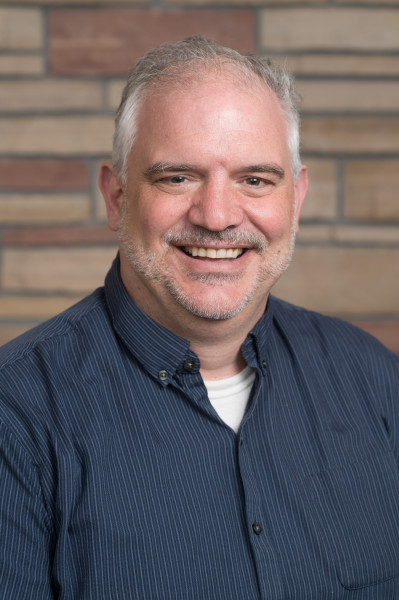
Martín Carcasson
- Professor

Greg Dickinson
- Founding Director, Blake Center for Engaged Humanities
- Interim Chair of Art and Art History
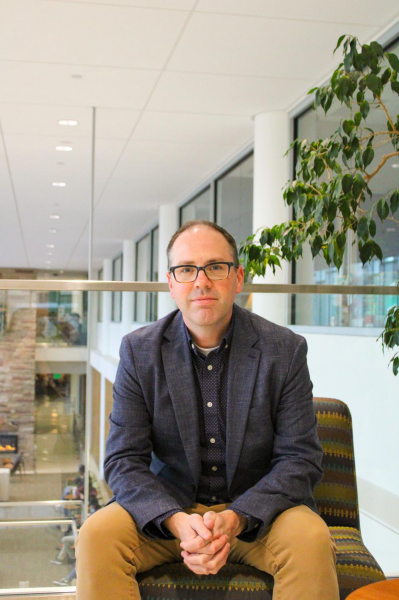
Thomas R. Dunn
- Associate Professor
- Director, Queer Memory Project of Northern Colorado
- Director, Humanities Baseline
- WICHE Leadership Fellow, Joe Blake Center for the Engaged Humanities

Katie Gibson
- Professor
- Director of Basic Course (SPCM200: Public Speaking)

